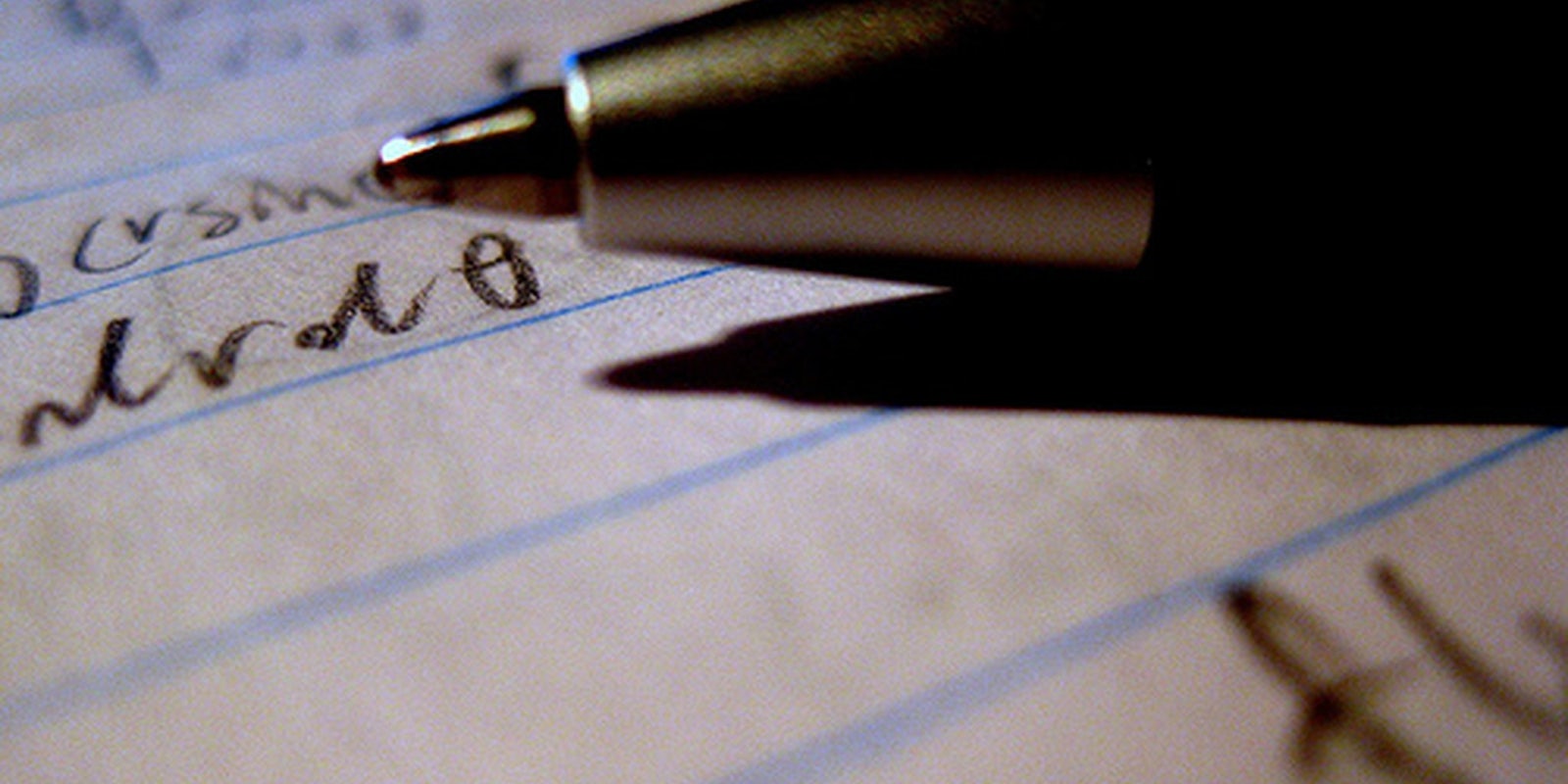Updating your status on Facebook may be bad for your GPA, but other activities, like sharing links, checking on friends’ profiles or spending lots of time on Facebook may not be as detrimental to college students’ academic performance as earlier studies had suggested.
Those were among the findings in a new study by Lock Haven University Professor Rey Junco about the relationship between Facebook use and grade point averages.
Published last week by Computers In Human Behavior, a leading academic journal, the study seems to contradict some earlier studies that found any time spent on Facebook negatively impacted GPA.
Junco found that the students he studied spend an average of 106 minutes per day on Facebook. Each 93 minutes spent over that average translated into a 0.12-point decrease in the student’s GPA. Junco concluded that “the relationship between time spent on Facebook and grades is negligible at best,” he wrote on his blog.
“Facebook use in and of itself is not detrimental to academic outcomes, it depends on how it is used. Using Facebook for socializing is negatively related to GPA while using Facebook for collecting and sharing information is positively related,” Junco wrote, while noting that educators need to keep these factors in mind when looking for ways to implement social media into their classes.
The study of 1,839 undergraduate students also showed no strong links between the number of times a student checked Facebook with GPA, or the amount of time spent on Facebook with the amount of time spent studying.
And, it could challenge some widely-held beliefs about the relationship between grades and the amount of time students spend on Facebook. Earlier studies, including a widely reported analysis released last year, suggest a negative correlation between Facebook use and grades, with Facebook accounting for as much as a 20 percent decline in performance.
Junco used a larger student sampling, he wrote on his blog. He also said his study more accurately affected the estimates of time spent on Facebook, number of times students checked Facebook, and frequency of engaging in Facebook activities. On his blog, Junco also said his study was the first major academic study on the topic to connect survey data to actual grades, and to use high school GPA as a control variable to eliminate pre-existing differences in academic ability.
While “it would be intriguing to be able to say that Facebook use may be causing lower grades, it is equally likely that students who have lower grades happen to use Facebook more,” Junco wrote. “It’s likely that there is a third (or fourth, fifth, etc.) variable that explains and/or mediates the relationship between Facebook use and grades.”
Online reaction has thus far been muted. No mainstream media outlet has picked up on the story, and most of the discussion on Twitter and Facebook has been between academics and not the students impacted by the results.
The general theme of the online conversations is that educators are only beginning to understand how their students use social media.
“Dr.Rey Junco found time on facebook relates to involvement to campus activities,” Jeannie D Kiriwas tweeted. “Wish there was more info on that.”
Some students were skeptical — or perhaps realistic — in their assessment of the findings.
“Facebook is a tool of procrastination. If it wasn’t there, students would find another way to avoid studyin,” tweeted Kaitlyn Wallace, a student at Bridgewater State University in Massachusetts.
Photo by Sterlic.
